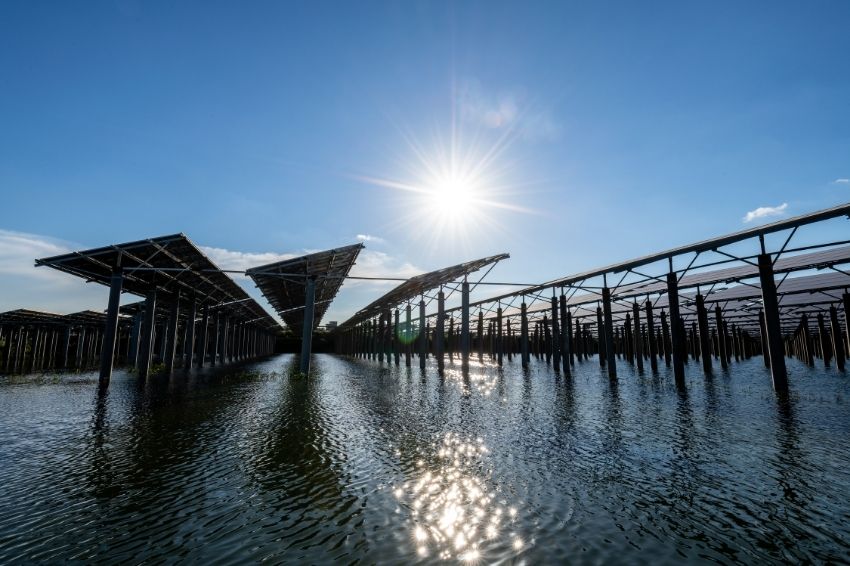Nine out of ten Brazilian cities already have solar energy. This is what a survey carried out by the Solar Channel, based on data from ANEEL (National Electric Energy Agency) and IBGE (Brazilian Institute of Geography and Statistics).
Of the 5,570 municipalities that make up the national territory, only 350 still do not have any photovoltaic system installed in their businesses, industries, homes or other properties. In the remaining 5,220 cities, the resource has already been implemented, representing 93.7% of the country's municipalities.
In recent years, the solar source has become an increasingly common option for companies and citizens, which in a scenario of economic crisis and reduced income, has found photovoltaic energy to be an effective alternative for reducing costs. According to data from ANEEL, between February 12, 2016 and 2021, the number of Brazilian cities with solar energy production jumped from 613 to the current 5,220, an increase of 751.5%.
In this five-year period, installed solar energy power grew more than 27 times: rising from 17.41 MW to 4,809.54 MW. The cities of Brasília (DF), Cuiabá (MT) and Uberlândia (MG) are those that account for the largest energy generation. The locations currently have: 64.82 MW; 60.31 MW and 52.75 MW, respectively.
Check out the growth of solar energy in Brazil in recent years below:
| Period | № of cities | Installed power |
| Feb 12/2016 | 613 | 17.41 MW |
| Feb 12/2017 | 1.334 | 70.61 MW |
| Feb 12/2018 | 2.153 | 200.42 MW |
| Feb 12/2019 | 3.465 | 688.79 MW |
| Feb 12/2020 | 4.758 | 2,436.84 MW |
| Feb 12/2021 | 5.220 | 4,809.54 MW |
Source: ANEEL


















One Response
Congratulations. Excellent content.
Let's go ahead with. The expansion of renewable energy in our country.